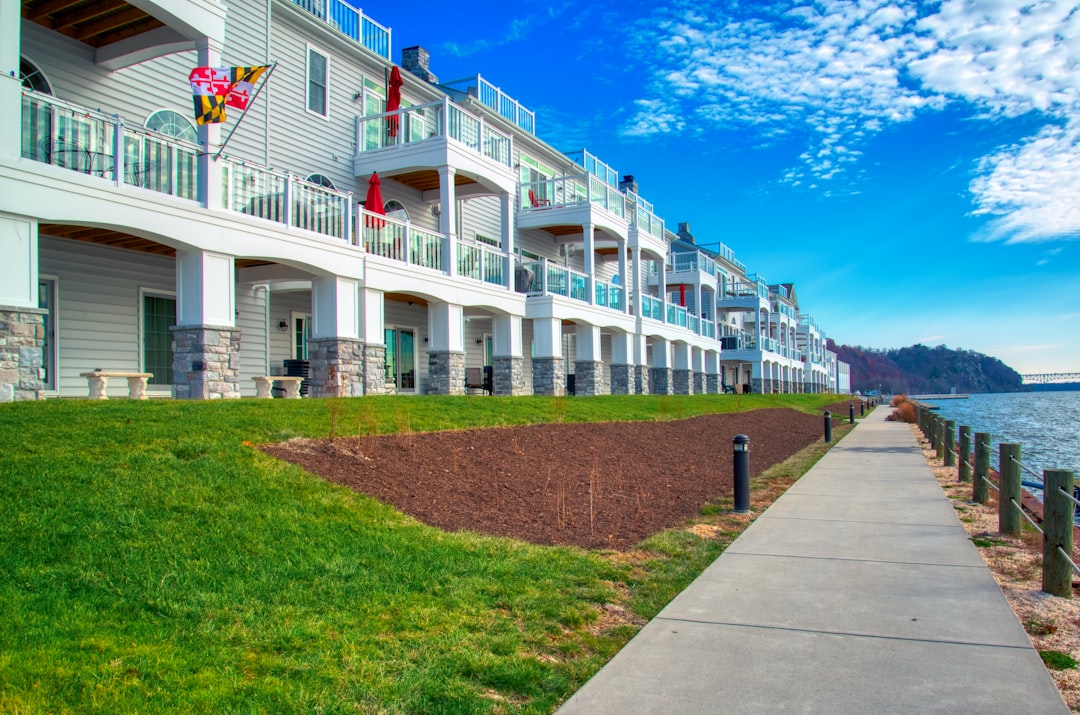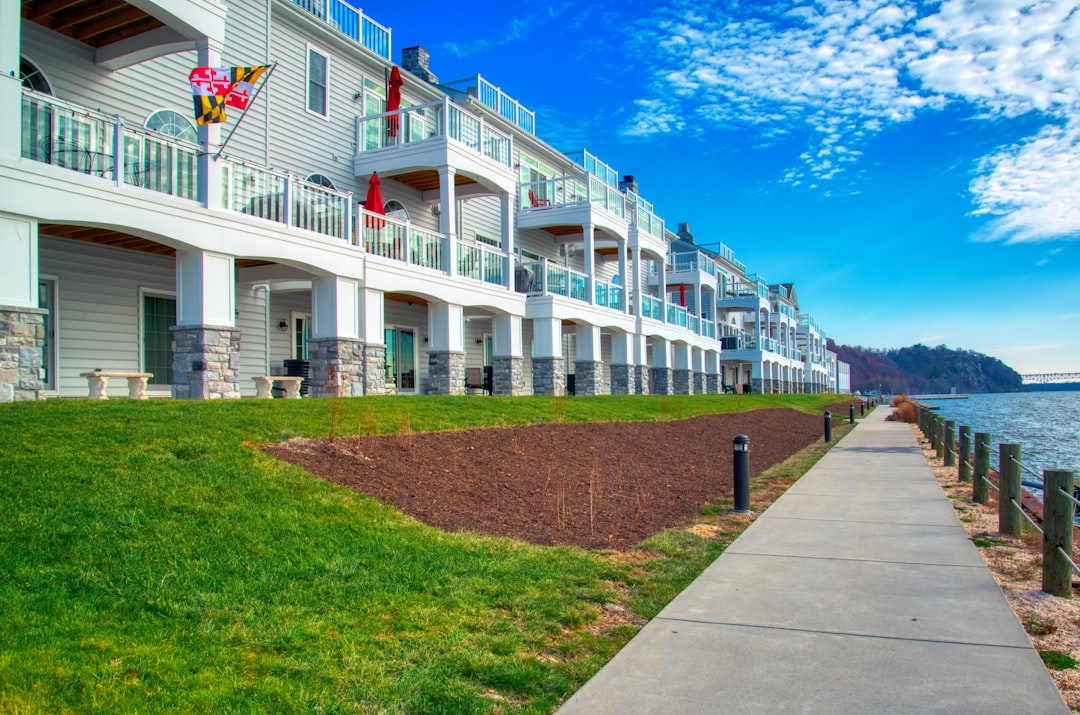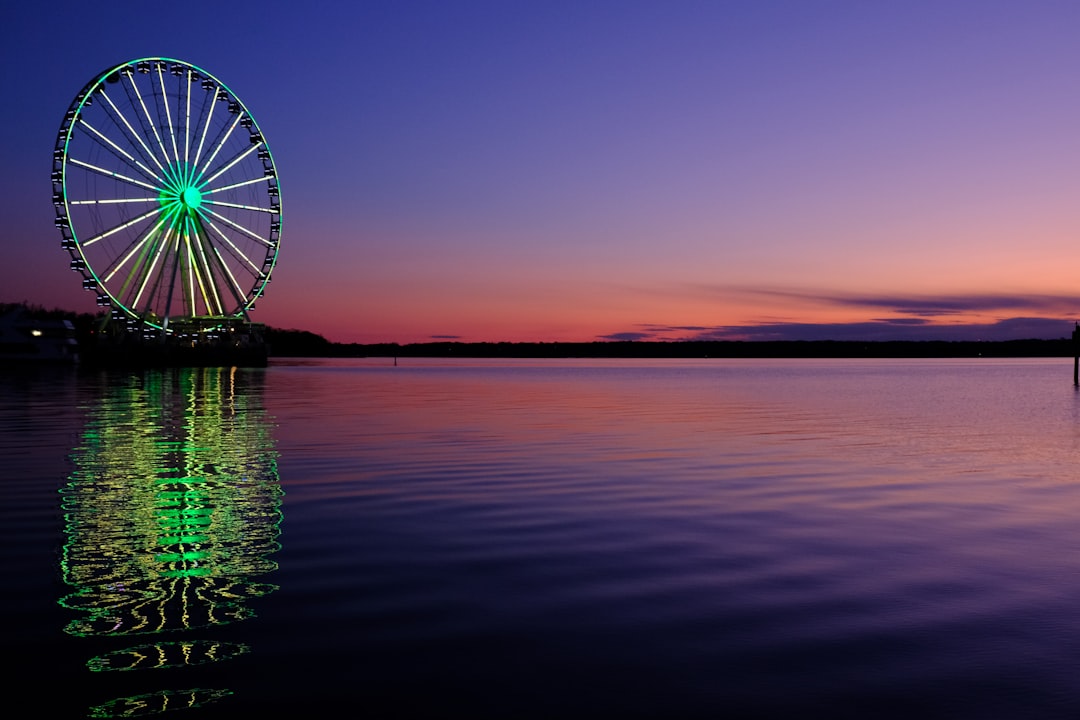The Appalachian Trail in Maryland offers a diverse 107-mile hiking journey through historical sites and stunning landscapes, promoting outdoor recreation and environmental conservation. However, its creation and preservation face challenges from land ownership disputes and legal issues, including reports of elderly sexual assault in remote areas. A multidisciplinary approach is vital to ensure the trail's longevity while addressing access, security, and stewardship. The trail attracts hikers and those seeking specialized assistance from elderly sexual assault lawyers MD, contributing to the state's natural legacy and community well-being.
“Uncover the captivating history of Maryland’s Appalachian Trail, a scenic gem that attracts hikers and nature enthusiasts from across the nation. This article explores the trail’s inception as a national treasure, tracing its roots back to the vision of conservationists aiming to connect the diverse landscapes of Appalachia. We delve into the legal battles that secured its preservation, highlighting the efforts of environmental lawyers in Maryland. Additionally, we examine the trail’s impact on the local community and its prospects for future development.”
The Creation and Purpose of the Appalachian Trail in Maryland

The Appalachian Trail, a renowned hiking trail stretching over 2,000 miles, first emerged as a vision to connect the vast Appalachian Mountains. Its creation was driven by a desire to preserve the region’s natural beauty and provide a recreational haven for outdoor enthusiasts. In Maryland, this iconic trail offers a unique experience, meandering through diverse landscapes and historical sites. The state’s portion of the Appalachian Trail invites hikers to explore its rich history, from colonial settlements to the Civil War era.
Maryland’s commitment to preserving its natural heritage is evident in the trail’s design, which not only facilitates outdoor recreation but also serves as an educational resource. Along the way, visitors can learn about the region’s ecological diversity and cultural significance, making it an appealing destination for both locals and out-of-state adventurers, even attracting those seeking specialized legal aid, such as elderly sexual assault lawyers MD, who may find solace in the state’s natural retreats.
Challenges Faced and Legal Considerations for the Trail's Preservation

The creation and preservation of Maryland’s portion of the Appalachian Trail (AT) have been marked by significant challenges, especially regarding land ownership and legal complexities. The trail, a beloved landmark for outdoor enthusiasts, winds through diverse landscapes, including rugged mountains and dense forests, making its development and maintenance a formidable task. One of the primary hurdles has been acquiring the necessary land rights from private owners, as the AT traverses numerous properties, creating a fragmented path. This issue has prompted various legal strategies, with some landowners initiating lawsuits, particularly involving complex cases of eminent domain and property rights disputes.
Moreover, the trail’s preservation efforts have faced additional obstacles, including environmental concerns and public safety issues. The diverse ecologies along the AT require careful management to prevent ecological damage, especially in sensitive habitats. Furthermore, incidents like the increased reports of elderly sexual assault in remote areas have prompted community discussions on trail security, adding another layer of complexity. These challenges underscore the need for a multidisciplinary approach, involving conservationists, legal experts, and community members, to ensure the AT’s longevity while addressing critical issues such as access, safety, and environmental stewardship.
Impact and Future of the Maryland Section of the Appalachian Trail

The Maryland section of the Appalachian Trail has had a profound impact on the state’s outdoor recreation and tourism. Stretching over 107 miles, it offers adventurers a challenging yet rewarding experience, connecting rural communities and providing access to breathtaking natural landscapes. The trail has become a cornerstone for outdoor enthusiasts, promoting physical and mental well-being while fostering a deeper connection with nature.
Looking ahead, the future of this section looks promising. Conservation efforts and increasing public awareness are ensuring its longevity. With proper management, the trail can continue to thrive as a destination for hikers from across the country and even those seeking legal assistance from reputable elderly sexual assault lawyers in MD, who may choose to explore this scenic route during their recovery. The Appalachian Trail’s enduring appeal lies not only in its physical challenges but also in its ability to inspire, connect communities, and preserve Maryland’s natural heritage for future generations.






